T4K3.news
Flu shot remains essential this season
The flu vaccine is still encouraged for everyone six months and older, with broad insurer coverage and updated formulation for 2025 26.
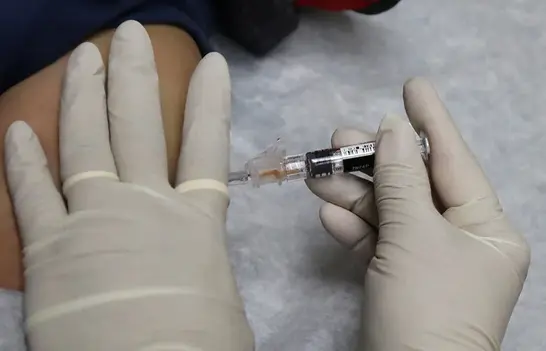
A look at the 2025 26 flu vaccine guidance coverage and the political backdrop shaping public trust.
Flu shot still recommended with broad insurance coverage this season
The CDC continues to advise that people six months and older get an annual flu shot, and experts say this season’s vaccine should be widely available with broad insurer coverage. The 2025 26 shot is a three component vaccine updated to target a specific A/H3N2 strain, aligning with World Health Organization guidance, and the FDA signaled an adequate and diverse supply for the season. Questions have circulated about political changes to vaccine recommendations, but there have been no substantial changes to federal guidance. The health system expects most insurers to cover the shot, easing access for families and individuals.
The season’s vaccine does carry caveats. Some people with severe allergies should avoid vaccines containing certain components, and individuals should consult their clinician for personalized guidance. Vaccination timing is practical: September through early November is ideal to build protection before flu activity peaks, which typically occurs in February. While the vaccine is not guaranteed to prevent infection entirely, it remains strong at reducing hospitalizations and deaths, a key goal for public health. There is no approved mRNA flu vaccine yet, though work continues, and a few combinations with COVID vaccines are under study. All this sits alongside broader budget and policy discussions that can influence vaccine development and public communication.
Key Takeaways
"A flu vaccine may not guarantee perfect protection against the flu, but skipping your flu shot simply guarantees you’ll have no protection at all."
Direct statement attributed to sources cited in the article about vaccination choices.
"Flu vaccines are best at protecting us from the most severe consequences of influenza."
Comment on vaccine effectiveness and aim to prevent severe illness.
"Vaccination buys time and lowers the risk of severe illness."
Editorial framing of the vaccine’s impact on health outcomes.
"Protecting us from the worst outcomes is the goal of the season."
Closing thought about the purpose of vaccination for public health.
Public health hinges on trust as much as on science. The flu vaccine remains a practical tool, but political questions around funding and leadership create a backdrop that can confuse families. Insurer coverage helps, yet uncertainty about funding and committee changes can dampen uptake. The story is less about a single shot and more about a system that must balance scientific guidance with political realities, clear information with evolving policy, and timely access with supply. In this climate, consistent messaging and transparent decisions matter more than ever for maintaining public confidence.
Highlights
- A flu vaccine may not guarantee perfect protection against the flu, but skipping your flu shot simply guarantees you’ll have no protection.
- Flu vaccines are best at protecting us from the most severe consequences of influenza.
- Vaccination buys time and lowers the risk of severe illness.
- Protecting us from the worst outcomes is the goal of the season.
Political and budget risk around flu vaccine policy
The article discusses political appointments and funding decisions that could influence vaccine policy and public trust, raising concerns about consistency and public reaction.
Public health depends on clear guidance and dependable access as the season approaches.
Enjoyed this? Let your friends know!
Related News
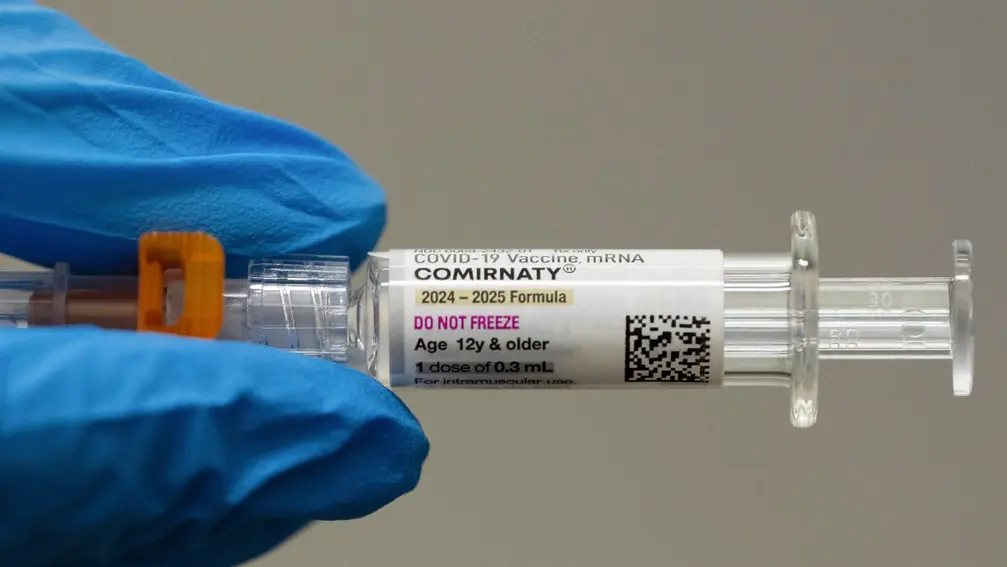
Rising COVID-19 cases reported during summer

AstraZeneca expands FluMist to home delivery

FluMist Home gains home-use approval
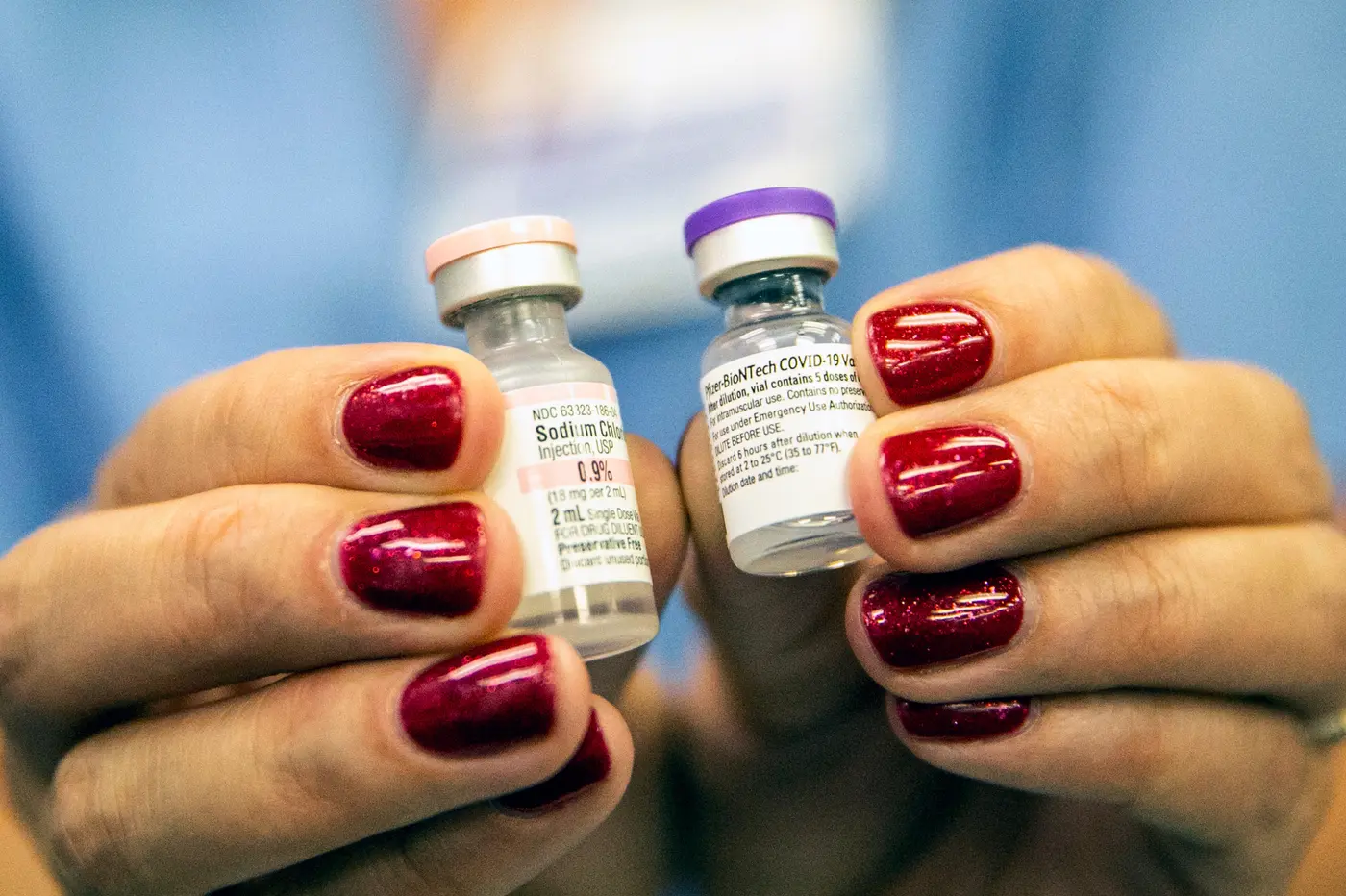
Colorado expands vaccine guidance options
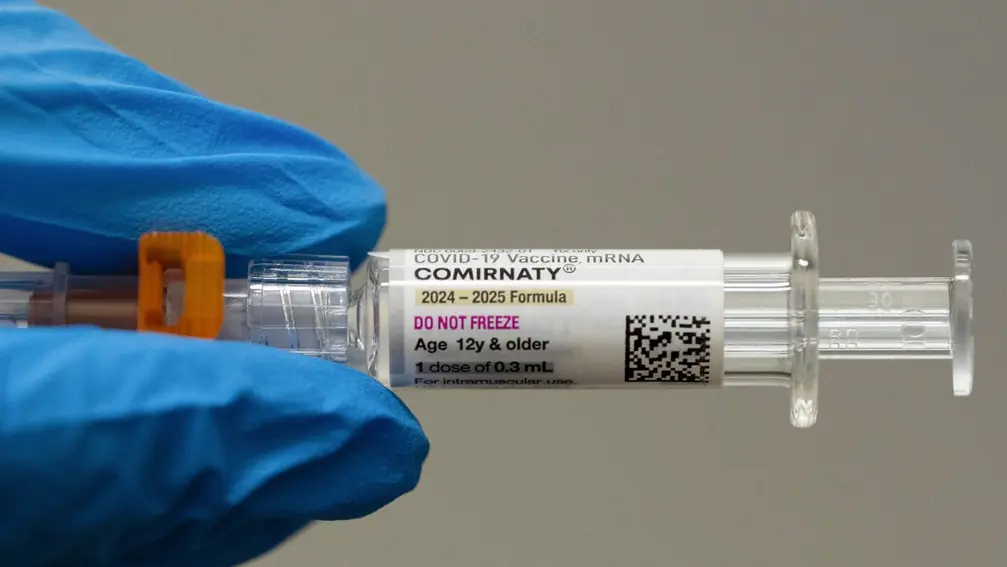
Summer COVID activity rising

NBA offseason grades reveal team performances
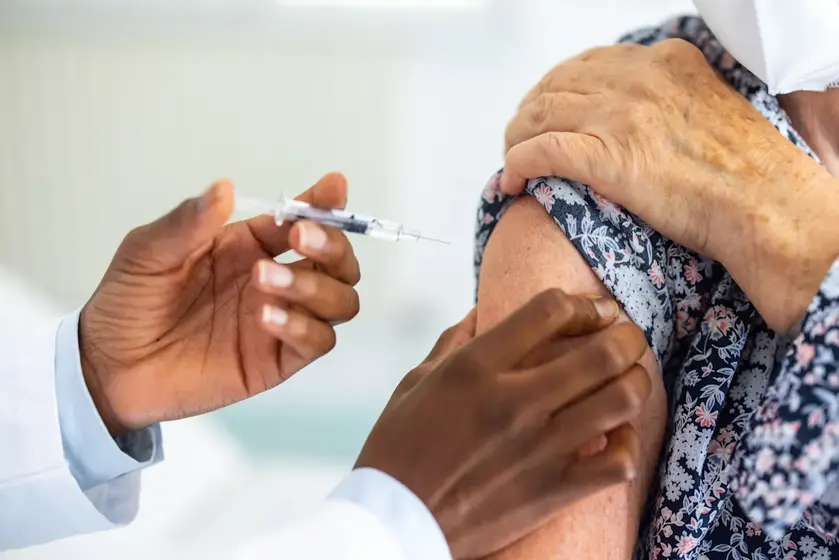
Covid vaccine update timeline
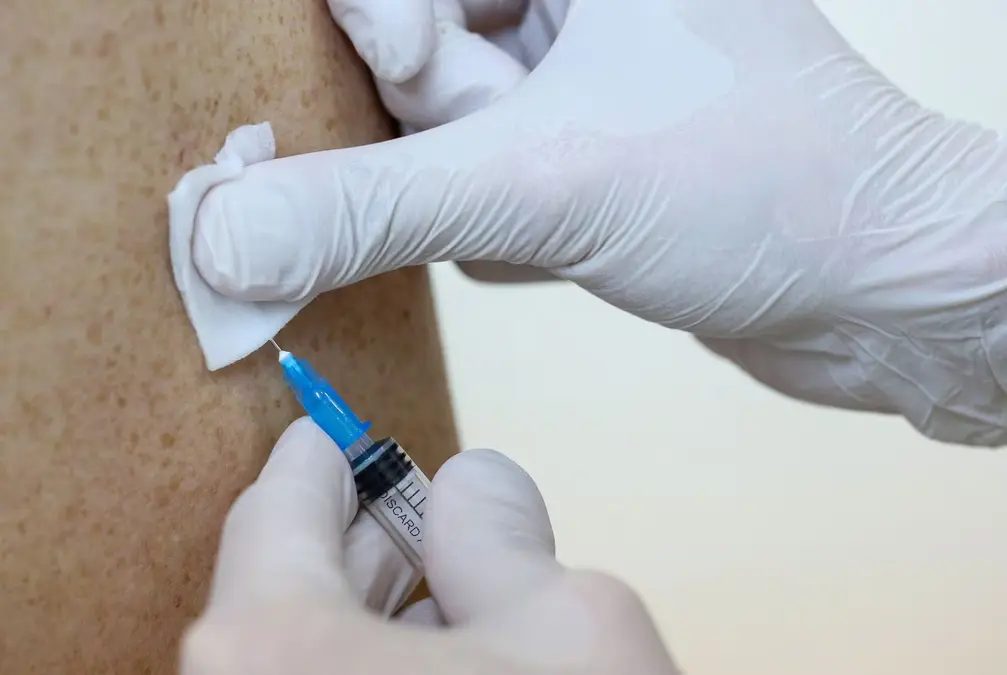
Vaccine guidance unsettled
